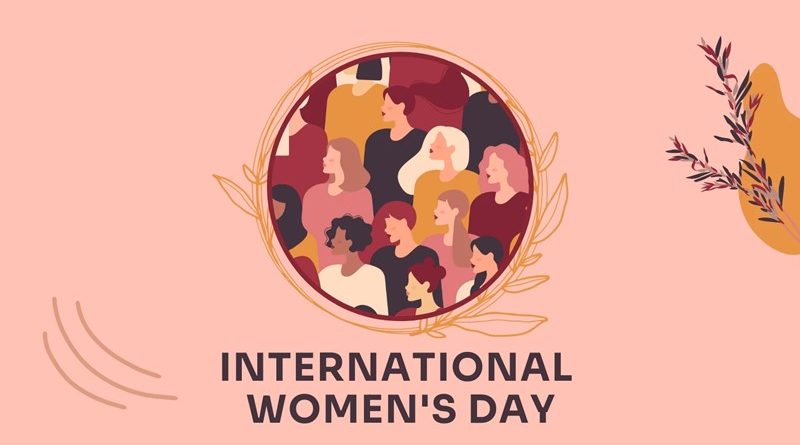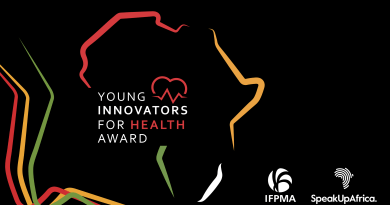ACHPR Commemorates The 2024 Pan-African Women’s Day
On the occasion of the 2024 Pan African Women’s Day, themed “Invest in Women: Accelerate Progress,” the African Commission on Human and Peoples’ Rights, represented by the Special Rapporteur on the Rights of Women in Africa, reiterates its steadfast dedication to promoting gender equality, empowering women and girls, and safeguarding their fundamental rights to lead healthier and more fulfilling lives.
We express our sincere solidarity and appreciation for all African women throughout the continent and in the diaspora. This Pan-African Women’s Day serves as a poignant reminder of the enduring resilience, strength, and leadership of African women in the face of challenges and their crucial role in shaping the future of our continent.
We continue to honor the legacy of the women who have spearheaded and continue to lead the fight for freedom, equality, and justice in Africa. From grassroots activists to policymakers, African women have been at the forefront of movements advocating for human rights, peace, and sustainable development. Their dedication and contributions have not only transformed communities but have also had a lasting impact on the collective progress of our nations.
In relation to this year’s Pan-African Women’s Day theme, investing in women is not only a moral imperative but also a strategic necessity for societal advancement. By ensuring equal access to education, healthcare, economic opportunities, and decision-making roles, we have witnessed tangible benefits such as increased economic productivity, improved health outcomes, and more inclusive governance structures. These are just a few examples of how investing in women lays the groundwork for a more inclusive and prosperous future for all.
Within the African Union Agenda 2063 framework, education stands as a critical element for the continent’s advancement, aligning seamlessly with the African Union’s overarching theme of “Educate and Skill Africa for the 21st Century.” The agenda places strong emphasis on the importance of providing quality education to all individuals, with a particular focus on girls and women. Through strategic investments in the education of women and girls, nations can break the cycles of poverty, reduce gender disparities, and unlock the full potential of their citizens.
Quality education provides women with the necessary tools to access better opportunities, engage in decision-making processes, and challenge societal norms that perpetuate gender inequality. It also leads to improved health outcomes, enhanced economic empowerment, and strengthened community bonds.
Moreover, education serves as a catalyst for sustainable development, innovation, and progress across various sectors. By ensuring that women have equal access to education in all fields, including STEM and vocational training, countries can leverage the talents and perspectives of their entire population to drive inclusive growth and development.
Therefore, as part of the Pan African Women’s day and the investment in women and the acceleration of progress, a strong emphasis on education is crucial to realizing the vision of Agenda 2063 and shaping a future where African women are empowered, actively involved, and thriving contributors to their societies and economies.
As we commemorate the achievements of African women, we urge governments, civil society, and all stakeholders to intensify their efforts to empower women, protect their rights, and ensure their full participation in all spheres of society. The future of Africa is undeniably intertwined with the empowerment of its women.
By working collaboratively to advance gender equality in education and other areas, we have the opportunity to unleash the complete capabilities of African women, hasten the journey towards a fairer and more prosperous tomorrow, and pay tribute to the strength and determination that characterizes the African woman.
Hon. Commissioner Janet Ramatoulie Sallah-Njie, Vice-Chairperson and Special Rapporteur on the Rights of Women in Africa, African Commission on Human and Peoples’ Rights.




